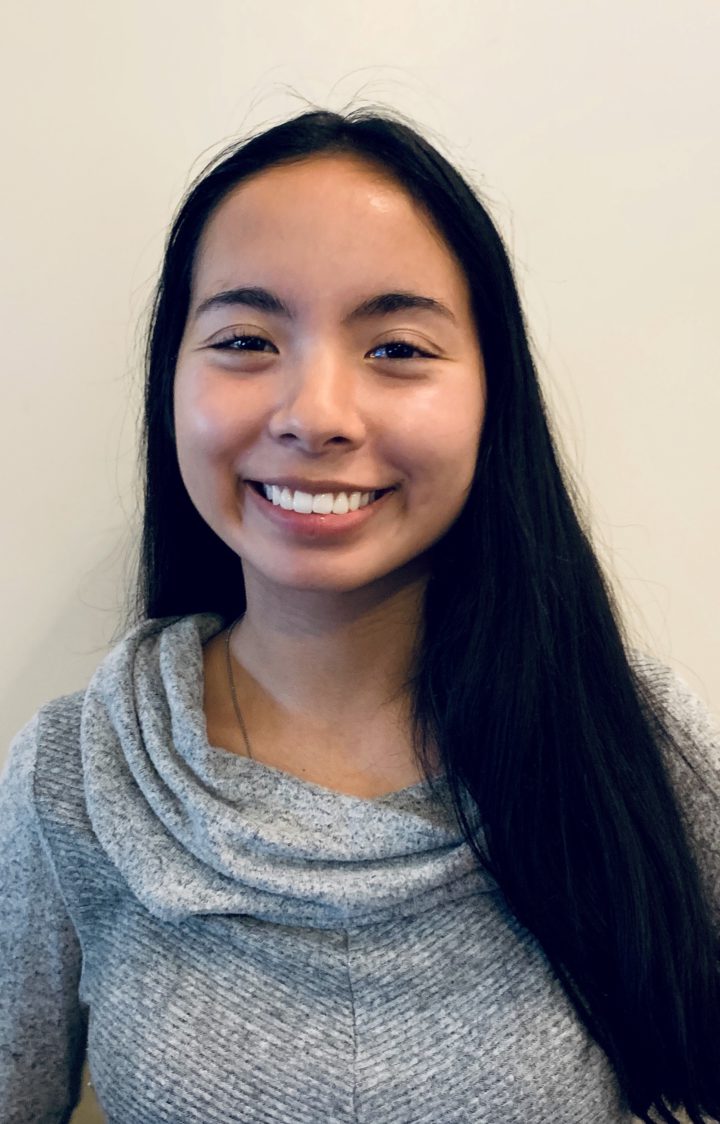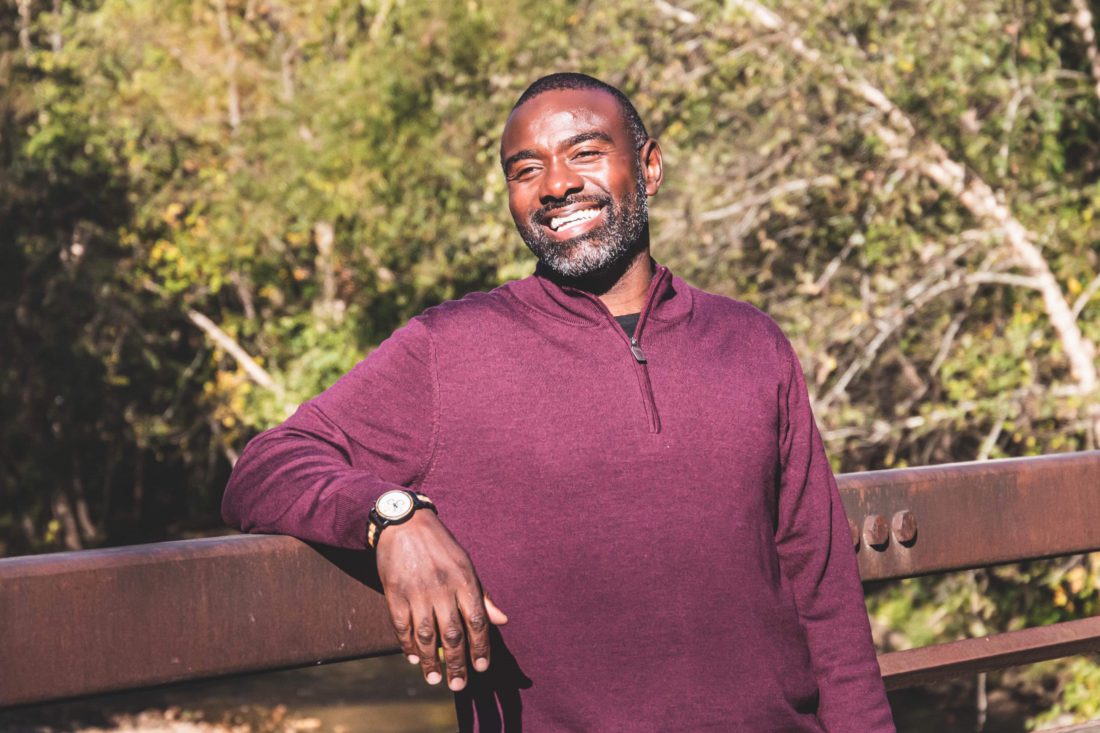BY ISABELLA RICHARDS
On March 23, the Vance Monument on Pack Square, dedicated to the late Confederate military officer and North Carolina Gov. Zebulon Vance, was approved for removal. M.S. Lean Landscaping, a Black-owned landscaping and construction company, based in Asheville, was awarded a $25,535 landscaping contract for temporary site restoration. In the eyes of many, this may seem like a step in the right direction for supporting the Black community in Asheville. Yet, when I interviewed the founder of M.S. Lean Landscaping, Stephen Smith, about his thoughts regarding the project, he responded, “There could be more done.”
The best way to learn how to support a community is to listen to the voices of those directly affected. From my interview with Stephen, I learned why the destruction of the Vance Monument does not directly address the issues that the Black community faces every day without the support of community leaders. A bit of background: In 2014, Stephen founded M.S. Lean Landscaping to hire formerly incarcerated Black men like himself and give them the support to reenter the workforce, gaining tangible and interpersonal skills through hands-on experiences and developing familylike bonds with one another.
Stephen and his employees are grateful for the opportunity to do a larger-scale project but acknowledge that their company, along with many Black-owned businesses in Buncombe County, will continue to struggle financially without the creation and implementation of a comprehensive economic development plan by local and higher levels of government.
A lack of financial support
To truly support the Black community, individuals need to learn and understand the root causes of inequity within communities. A root cause of inequity is the lack of financial support for minority-owned businesses, leading to high poverty rates for many Asheville and Buncombe County community members. In North Carolina, people of color experience disproportionately high poverty rates, with 22% of Black North Carolinians in poverty compared with the statewide average of all races of 13.6%, according to the N.C. Justice Center. In Asheville, 13.8% of residents are in poverty, according to the Census Bureau.
A disparity study published by Triangle Business Journal shows that the state of North Carolina awarded $10 billion in contracts for goods and services during a five-year period (2013-18), and yet only $21.6 million dollars were spent with Black-owned businesses. That is less than 1%.
“A $35 million transportation improvement project for the River Arts District was recently completed less than a mile from where many low-income Black people live,” Stephen told me. “Yet, Black males ages 16-21 who could have been given the opportunity to work on the project were not. We continue to see high rates of unemployment for Black people in Buncombe County. The more we wait to fix this trend, the further it pushes the Black community back.”
How to help
So beyond removing monuments, how can communities practice what they preach when talking about equity and supporting the Black community? Stand behind the minority-owned businesses that are already advancing the mission. Take the time to learn about the work they do and give them a platform to share their voices on the issues impacting them directly. The best way to learn how to be an ally is to listen to the community and their needs, which extend beyond financial support for many Black-owned businesses in Asheville and Buncombe County.
When Stephen founded M.S. Lean Landscaping, he had to navigate how to make a business plan, hire employees, get potential investors and much more. In his words, “I had no idea what to do, and when I asked for professional help, I was disregarded. Only my friends came to my side, and they didn’t know anything about business.”
While it is important for Black-owned businesses to have financial support, many can benefit from people who volunteer their time and knowledge for free. People can do things like sit down with a founder and help them craft their business plan, teach them how to grow, invest and expand, and explain how they can earn money and capital. These invaluable skills can help Black-owned businesses gain the autonomy and knowledge to confidently make change for their communities, whose issues they know best.
But how can the government support minority-owned businesses on a larger scale? Beyond making statements about diversity, equity and inclusion, transparency is needed on how statements are being put into action. M.S. Lean Landscaping has proposed plans of action, such as taking 10 Black-owned businesses and investing $10 million in them so they can in turn invest in youths who come from lower-income communities to break the cycle of impoverishment and criminal activity. Stephen envisions this plan giving them the opportunity to train youths in various trade skills that they can use throughout the rest of their lives.
Yet, local government has said there are not enough funds for a program like that. M.S. Lean Landscaping, along with other Black-owned businesses, is disappointed to receive that kind of news. This raises the question of what funds are being used for advancing diversity, equity and inclusion and how they can be better allocated all around to create a positive cycle of change. As Stephen says, “If you put money into the development of Black businesses, you’ll see change all around with more people getting jobs and not committing crimes to get their next meal. As for now, my employees and I will work every day to build cash flow and invest in what we see can make a change in this community.”
Necessary work

Hitting the root causes of inequities in Asheville and around the country is necessary work. While further deconstruction of the Vance Monument is on hold because of a court challenge, citizens of Asheville and Buncombe County may wonder: What can they be doing to support the Black community? Assuming the monument fully comes down at some point in the future, what will life look like for them days, weeks, months and years afterward? The dynamics of entire communities need to be changed, with much more support and allyship being demonstrated beyond verbal or written statements.
If you are unsure where you can help, ask someone who is part of the Black community about their mission and vision for change, and take the extra step further by asking how you can help them achieve that. Supporting a community means understanding their story and letting their voices be heard.
Isabella Richards worked with M.S. Lean Landscaping as part of Bridging the Gap Consulting, a student-led organization working to close the racial wealth divide and cultivate top, diverse leaders through providing pro bono consulting services to BIPOC-owned businesses across the country. She currently attends the University of California, Los Angeles.






This is a strange article that depends on only one source, the owner of M.S. Lean Landscaping, and seems mostly concerned about the company’s disappointment that it hasn’t gotten more work. Has the author, based in Los Angeles, investigated all of Asheville’s many initiatives and organizations for racial and economic justice and equity? Why does she not mention the City of Asheville’s reparations initiative? What about such organizations as these: https://abipaasheville.wixsite.com/abipa, https://belovedasheville.com/, https://www.bbavl.org/, https://www.greenopportunities.org/, https://www.ywcaofasheville.org/.
I’m curious as to why Mountain Xpress didn’t ask the author to do more research and interview more sources.
Thanks for starting a discussion, Curious. This isn’t a news story, though. It’s an opinion piece, which by its nature is putting forth a point of view. Commentary writers aren’t obligated to try to report all sides of an issue when making their points. We do welcome discussion, though, about the commentary and the issues it raises.
Thanks for the info that this was an opinion piece. That wasn’t clear.
Has he been able to achieve any more equity yet ? Can we document who has ?